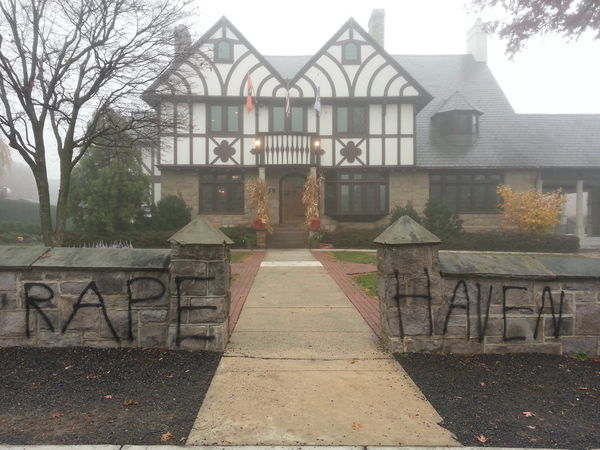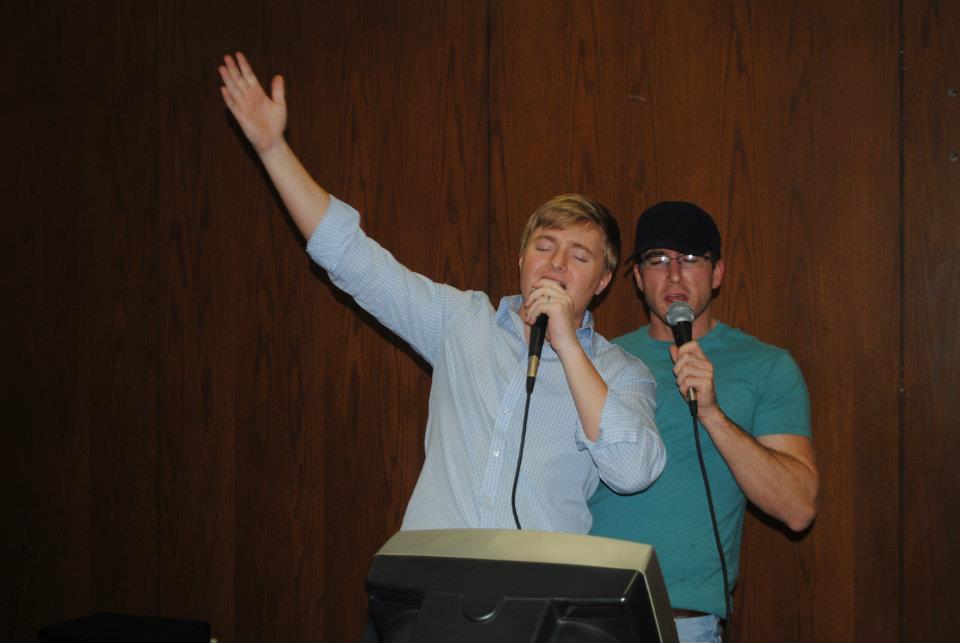
Paul Ressler’s son, Corey, died on July 14, 2010 of a drug overdose. He spent the next year both grieving and trying to find a way to make a difference in the lives of people who had problems with substance abuse. I met Paul in the summer of 2011 when he showed up to his first meeting as a new appointee to the Governor’s Council on Alcoholism and Drug Abuse (GCADA). After the meeting, I walked over and grabbed his hand and introduced myself (Paul is blind). He told me about his son and how he wanted to “make a difference and save lives.” I recognized the rare fire that burns in people who want to implement change.
Paul told me he also cared about veterans. I asked him why. He responded that he had been a combat medic in Vietnam (it’s one of the most meaningful jobs in the military that I can think of). I told Paul that a blind, Vietnam combat medic who lost his son to a drug overdose could be a powerful advocate in the fight for better public policy, improved treatment and maybe even insurance reform. Paul responded, “Whatever I can do Frank. Whatever I can do.”
Within a year, the NJ Heroin and Opiate Task Force was formed. Neil Van Ess, the Chairman of the GCADA, appointed me as the Chairman of the Task Force, Eric Arauz as the Vice-Chair and Paul as one of the other members. We held hearings around the state and listened to testimony from the parents of dead kids and a few people who fought their way into recovery. After the last session in October of 2012, we got down to the business of writing our report.
Also that October, Governor Christie vetoed the Good Samaritan Law. It was a law that had been enacted in other states in order to save lives. There is evidence that shows that 70% of people who died from an overdose and were found alone were actually not alone at the time of their overdose. People flee the scene and don’t call for help because they don’t want to get arrested. The Good Samaritan Law would have saved lives and all it would have cost was to not charge someone with drug possession that called for help. Governor Christie vetoed it because he said that drug dealers would use it to avoid getting in trouble.
Paul went public and denounced the Governor. It was a bold move, because this was pre-bridge, still-national-rising-star Governor Christie. Paul didn’t care. He said the Governor was wrong. He wanted the Task Force to officially support the Good Samaritan Law, but he couldn’t sway a few members who didn’t want to publicly oppose the Governor. Along with a number of other advocates (including Patty DiRenzo from South Jersey), Paul raised hell for the next six months. On May 2, 2013, Governor Christie announced that he was doing something that he rarely does – “I’ve changed my mind.” He signed the Good Samaritan Law and the Overdose Prevention Act into law. Paul was there when the Governor signed it.
Meanwhile, the Task Force report was repeatedly stalled, changed and blocked. Politics. The delay made the front page of the Bergen Record with the brutal title: In the Fight Against Heroin, Help Stalls While Frustration Grows in Trenton. Paul continually argued that the report should be released immediately, regardless of the political fall out (behind closed doors, he even gave me an earful on a couple of occasions). Eventually, the report was released on March 17, 2014.
Paul is on the board of Daytop-NJ. He was trained by NCADD-NJ to do advocacy work. He donates his time and money to the cause. He makes phone calls. He shows up to events all over the state. He speaks his mind without fear – “I don’t care what happens to me Frank…no one can do anything to me. I lost my son and I’m blind.”
This fall, Paul founded the Overdose Prevention Agency Corporation. It is a non-profit that conducts free trainings on how to administer Narcan to someone who has overdosed. The corporation also supplies free kits of Narcan to people that attend the training. It’s a big deal (it is supported through donations, so consider giving). Paul has continued to deliver on his words that he told me when we first met: “I want to make a difference and save lives.”
You have Paul. You do. Thank you.


